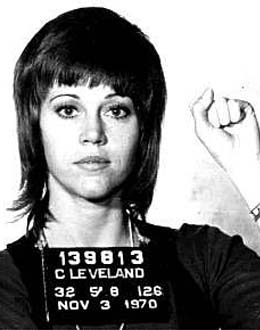 Sometimes the greatest successes can come out of the biggest failures, and The Wrestler is exhilarating, vibrant proof of this fact.
Sometimes the greatest successes can come out of the biggest failures, and The Wrestler is exhilarating, vibrant proof of this fact.After struggling since 2002 to pull together his last film, 2006's metaphysical fantasy The Fountain, Darren Aronofsky found himself in the unfamiliar position of critical whipping boy. His first two features (1998's Pi and 2000's Requiem for a Dream) were critically praised, and he was hailed as one of the most refreshing new voices in cinema. It must have been pretty tough to see a film that was four years and a new set of lead actors in the making fail to measure up when it finally opened in theaters.
Luckily, Aronofsky used the criticism and went back to the basics, abandoning the metaphysical components and complicated timeline that turned many people off of The Fountain and directed this film, his best to date.
The Wrestler is a simple film, a look into the life of an aging, Hulk Hogan-like professional wrestler played by Mickey Rourke (Sin City). His name is Robin but is happier being known as Randy the Ram Robinson. His glory days are gone, and the little fame he has left is tied up in grungy weekend matches at convention halls and meet and greets where he takes Polaroids with a few kids more interested in the glory days of his career than anything he might have to say.
There's a potential love interest in his life: a stripper, played fearlessly by Marissa Tomei (Before the Devil Knows You're Dead), but her interest in him might not extend past frequent lap dances, and his estranged daughter (Evan Rachel Wood of thirteen) isn't speaking to him anymore.
As many critics have already noted, this is nothing short of a resurrection for Rourke. It's impossible to talk about this film without noting that the story of a beat up, faded star could describe both the narrative journeys of Randy the Ram and Rourke himself.
After getting attention for work in (at the very least) noteworthy films like Diner, Rumble Fish and 9 ½ Weeks, a combination of hard living and poor career choices relegated him to cheap rip offs and bit parts. But in The Wrestler, Rourke proves that his charisma and appealingly grizzled screen presence are still fully in tact.
In short, this is the perfect synchronization of character and actor.
In today's environment where hope has become a buzzword, there's a tendency by some critics to unearth an optimistic message in the majority of films released, but The Wrestler doesn't make any concessions toward an easy ending affirming the power of the underdog.
What makes The Wrestler an encouraging piece of work, then, is not the underlying narrative of the film. It's the idea that anyone, a fallen golden boy like Aronofsky or a troubled big screen personality like Rourke, can come back from failure in spectacular fashion.
The Wrestler is one of the best films to come out in months and serves an example of the best of what today's generation of young American filmmakers have to offer.









No comments:
Post a Comment